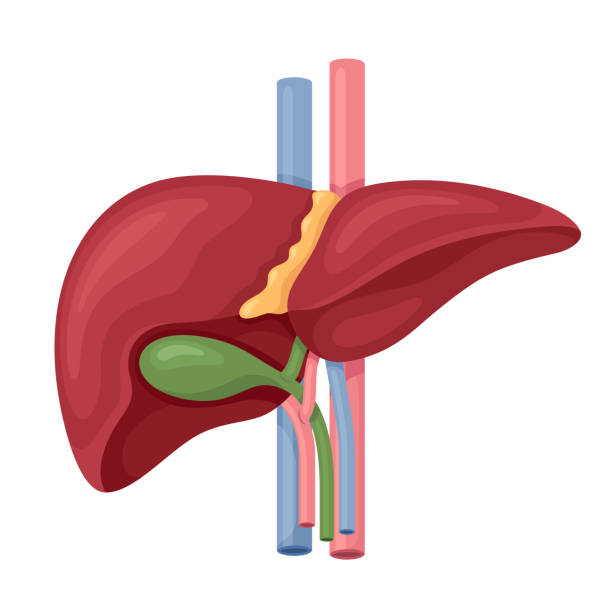Ibuprofen
NSAID Pain Reliever | Anti-inflammatory Medication
Important Safety Information
Always consult with a healthcare professional before starting any medication. This information is for educational purposes only and should not replace professional medical advice.
What is Ibuprofen?
Ibuprofen is a commonly used anti-inflammatory drug. It is a powerful painkiller in the class of non-steroidal anti-inflammatory drugs (NSAIDs). It is used to reduce pain in conditions like osteoarthritis, rheumatoid arthritis, shoulder pain, neck pain, back pain, migraine, post cataract surgery and various other inflammatory conditions.
💡 Uses
Ibuprofen is commonly used to treat:
- Pain relief in the short term
- Patent Ductus arteriosus (PDA) in paediatric age group
- Reduces swelling of joints and muscles
Dosage
✅ Recommended Dosage:
- The commonly used oral dose is 400 mg taken 4 to 6 hourly
- In patent Ductus arteriosus (PDA), injectable form is available. Dose in such condition is decided under the supervision of paediatrician
⚠️ Side Effects
Common side effects may include:
- Stomach upset or heartburn
- Nausea
- Vomiting
- Gas or bloating
- Diarrhea or constipation
- Dizziness
- Headache
🆘 Serious side effects (seek immediate medical attention):
- Signs of stomach bleeding (black, bloody, or tarry stools)
- Severe stomach pain
- Chest pain or shortness of breath
- Weakness on one side of the body
- Slurred speech
- Swelling of face, lips, tongue, or throat
- Severe skin reactions or rash
- Changes in urination
🛡️ Safety Precautions
Before taking ibuprofen, tell your doctor if you have:
- 🍷 Alcohol: Heavy alcohol consumption increases the risk of liver injury. Dosage in such people should be guided by a physician
- 🤰 Pregnancy: It is advised to consult a physician before taking ibuprofen
- 🍼 Breastfeeding: Ibuprofen is generally considered safe for breastfeeding mothers, but it is always best to consult your doctor before taking ibuprofen
- 🚗 Driving: Ibuprofen can affect your ability to drive, as it may cause drowsiness or headaches in some patients
 Liver: Ibuprofen tablet should be used with caution in liver disease. Certainly, dose adjustment is needed. Please consult your doctor. In active liver disease it is not advisable to consume ibuprofen.
Liver: Ibuprofen tablet should be used with caution in liver disease. Certainly, dose adjustment is needed. Please consult your doctor. In active liver disease it is not advisable to consume ibuprofen.Kidney: ibuprofen tablet should be used with caution in kidney disease. Dose adjustment will be beneficial. Please consult your doctor. However, ibuprofen is considered safest painkiller for patients with kidney disease
⚡ Important Drug Interactions
Ibuprofen may interact with:
- Alcohol: Increases risk of stomach bleeding
- Methotrexate: Increases methotrexate toxicity by reducing renal elimination
- Digoxin: Increases blood digoxin levels causing toxicity
- Lithium: Increases blood levels causing lithium toxicity
- Antihypertensive Drugs: Reduces efficacy of blood pressure medications
Storage
- Store at room temperature (68-77°F or 20-25°C)
- Keep in original container, tightly closed
- Protect from light and moisture
💡 Quick Tips from Experts
- 🍽️ Take with food or milk to reduce gastric upset
- 👨⚕️ Follow doctor's prescription - don't increase dose/duration
- 🚫🍷 Avoid alcohol while taking ibuprofen
- ⚠️ May cause drowsiness - use caution when driving/operating machinery
- 🩺 Regular liver/kidney monitoring needed for long-term use
🚨 Emergency Information
☎️ In case of overdose, contact poison control immediately or seek emergency medical attention. Symptoms of overdose may include severe stomach pain, vomiting blood, difficulty breathing, extreme drowsiness, or loss of consciousness.
📚 Resources
- 1] Brunton LL, Knollmann BC, editors. Goodman & Gilman's The Pharmacological Basis of Therapeutics. 14th ed. New York: McGraw-Hill Education; 2023.
- 2] Katzung BG, Vanderah TW. Basic & Clinical Pharmacology. 16th ed. New York: McGraw-Hill; 2024.